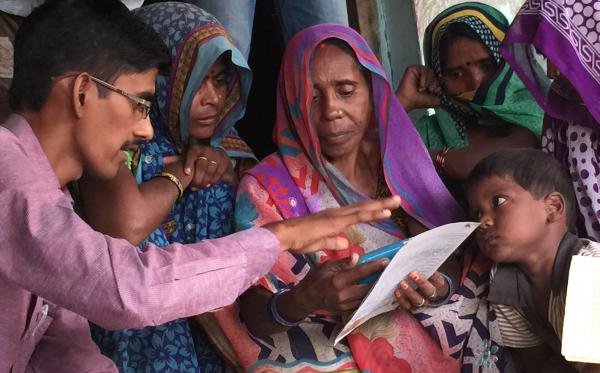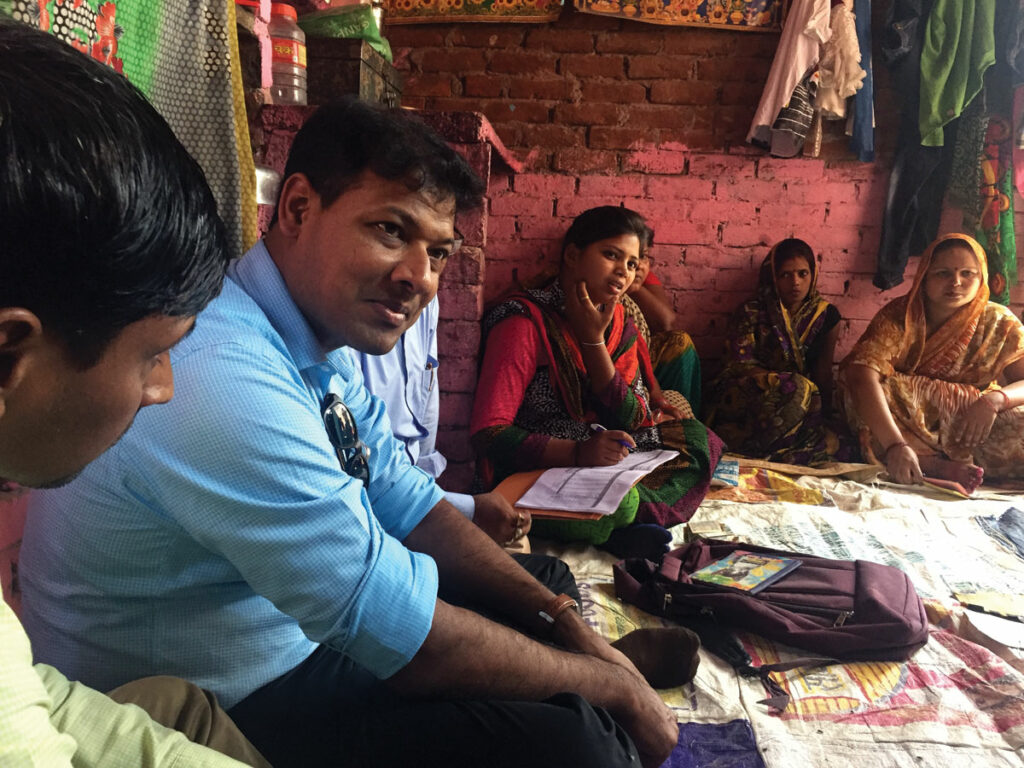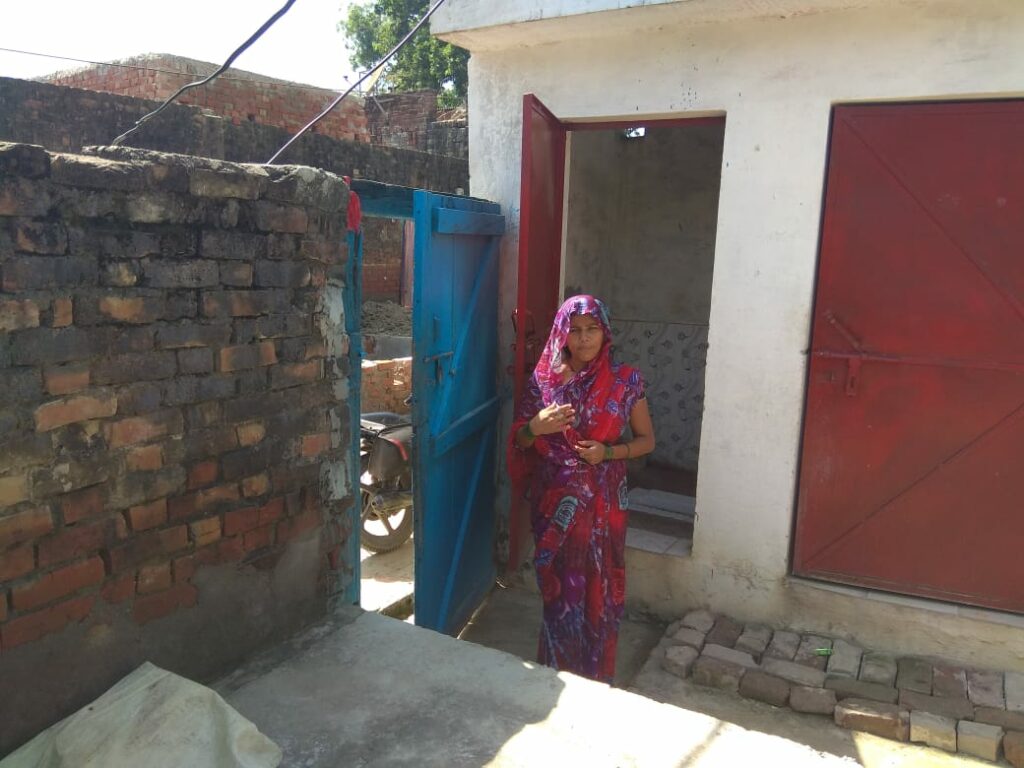We invest in Sonata Finance
Of the 1.7 billion unbanked adults worldwide, an estimated 190 million live in India—making the country home to the world’s second largest unbanked population, behind China.[1] With an already low female work-force participation rate of 27%, women account for more than 60% of India’s un-banked. Even among women with a bank account, the inactivity rate is a staggering 48%.
Sonata Finance is working to close this financial inclusion gap among the unbanked and underserved female population in rural India. Specifically, the company has set a goal that at least 50% of participants in their loan programs cross the poverty line within five years.
Founded in 2006 by CEO Anup Singh, Sonata Finance has grown into one of the largest microfinance institutions operating in northern and central India. Sonata serves more than 700k borrowers across 443 branches and provides a variety of individual and group loans that support income-generating activities for women in rural areas of the country. Sonata primarily operates under a group loan structure with 10 to 20 members per group, but has recently grown its individual loan product to 15% of total outstanding portfolio for more established individuals with mature businesses. In an effort to help customers meaningfully improve their lives, Sonata also provides financing for select needs such as home improvement and sanitation upgrades. Sonata also maintains multiple partnerships with providers of financial literacy training.

In a country where digital financial services penetration is still limited (only 2% of the population in India has a mobile money account), Sonata is building a tech enabled financial institution that can help its customers get up and running with digital financial tools.
While COVID-19 prompted some microfinance institutions to start incorporating technology into their underwriting process, Sonata was introducing these innovations even before the pandemic and was prepared with mobile app functionalities when India implemented lockdowns in March 2020.
Sonata’s mobile app was a lifeline to customers, helping them access their loan details and understand the continually changing terms of lockdowns and loan moratoriums. By May 2020, the company had built a repayment platform, which has now been used by more than 30% of its borrowers as of September 2020. Sonata’s app has also incorporated quick access to an individual’s credit bureau score and loan application status notifications.

Sonata continues to build new features for its mobile platform, including online applications for first-time and existing borrowers to request and avail funding. Management is also evolving its business processes and training its staff to leverage technology. As of September 30, 2020, 68% of Borrowers Centers (50,841 Centers out of its 74,574 Centers) have been covered on the app.
While COVID-19 forced dramatic and rapid adoption of technology during 2020, both Sonata and its borrowers will continue using digital tools into the future, which will result in greater transparency, long-term operational efficiency, and increase technological literacy among borrowers and employees.

After getting married in 2006, Neha moved into her marital home with husband in Mahona village, on the outskirts of Lucknow city. Neha’s new marital home did not have a toilet, and for the past 11 years, Neha and her husband would go outside to defecate.
It is estimated that more than 56% of India’s population lacks access to basic sanitation, and a staggering 355 million women and girls are still waiting for a toilet. Almost 40% of India’s population practices open defecation, making it a key issue that the Indian government is working steadfastly to eliminate.
Neha’s husband was a driver and she was a shopkeeper, making the construction of a toilet too expensive for the couple.
As an existing customer of Sonata Finance, Neha came to know about Sonata’s Sanitation Loan, which is typically extended for the construction of toilets, bathrooms, and water connections. After applying and getting approved for the loan, Neha was able to build a new toilet for her home, which has improved her quality of life and brought her a newfound sense of self-respect and dignity.
[1] World Bank Global Findex; [2] Women’s World Banking; [3] WaterAid
The RFI profiled here is for educational purposes only and may not represent all of the portfolio holdings. It should not be assumed that investments in the RFI identified and discussed were or will be profitable. The RFIs profiled were selected based on their financial inclusion and impact with no reference to amount of profits or losses, realized or unrealized.